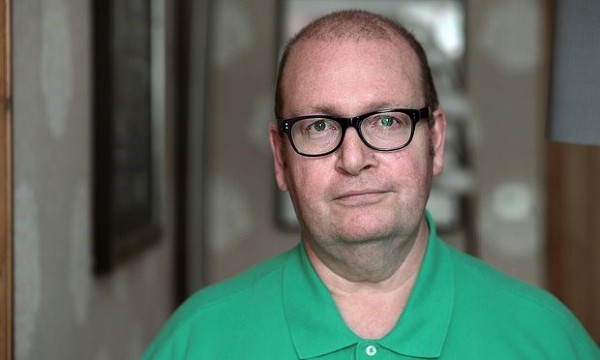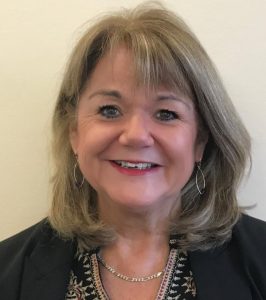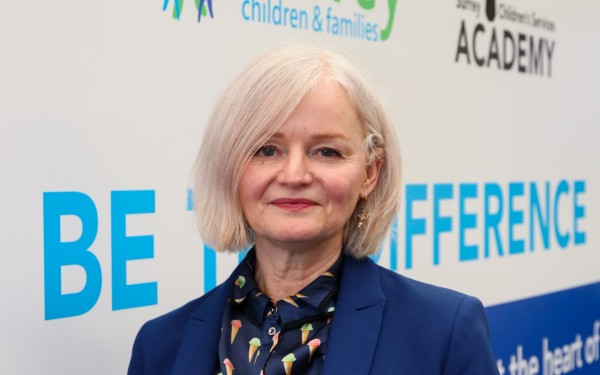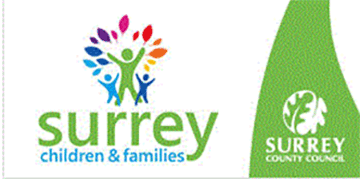“Agile working seemed to happen overnight! We’d been talking about it for six months and suddenly we were just doing it.”
Jacquie Burke, Surrey’s director of family resilience and safeguarding, says that while the coronavirus lockdown brought many challenges, there have been a lot of positives.
“Remote working has, in some ways, enabled greater trust between managers and practitioners. Social workers have responded by taking more accountability and responsibility for their practice. This is where we wanted to get to, but I would say it’s been accelerated by the lockdown.”
As an example, she says practitioners are preparing much better for sessions with families and realising the difference they make.
Good foundations
Surrey’s children’s services have been rated ‘inadequate’ since 2014. But the changes put in place since Dave Hill became the executive director of children’s services two years ago means they have weathered the coronavirus storm far better than many might have expected.
Dave says central to this is an established, committed, enthusiastic and high-quality management team.
“That makes a big difference. When I arrived two years ago it was really difficult to get any enthusiasm in the teams.”

Dave Hill
That enthusiasm has now also extended to multi-agency partners thanks to determined relationship building over the past two years. This meant children’s services, schools, youth services, police and health came together quickly during lockdown to support families in a range of areas.
Improvements in IT also made a big difference. All staff were issued with laptops and Microsoft Teams video calling technology just two weeks before lockdown. In what Dave describes as “the fastest rollout of social care IT in history”, it has made remote working far easier and less stressful than previously.
There have even been IT breakthroughs during the lockdown. Team managers now get absence notifications that include a list of the absent social worker’s cases along with a red, amber or green rating on each to help plan the absence cover.
Team and practitioner support
Jacquie says one of the biggest challenges has been how to support teams and practitioners remotely.
“We’ve used this as a way to step up our thinking generally about this. So we’ve had virtual Teams yoga, zumba, team coffees and a conversation café with the principal social worker to talk through challenges and different approaches.
“We’ve also been offering virtual sessions of mindfulness for practitioners and put in place a 24/7 helpline of professional qualified counsellors for staff. We recognised that some staff may also be struggling with bereavement, so we now have system navigators for bereavement to help people with legal and funeral arrangements.”
Better ways of working
Training courses were turned into webinars for staff, and Jacquie says many of these changes may become permanent.
“We’re a big county and forcing people to drive two hours to attend a meeting or training session is not something we’ll ever go back to I think. We’ve had a far bigger take up of things like the conversation café because people can just dip in and out or revolve it around their day.”
Similarly, Dave says their ways of working with adolescents will change following breakthroughs achieved during lockdown.
“We had quite a few teenagers in the system when we went into lockdown and we would normally have sent them out of county. Instead we used some of the amazing outdoor pursuit centres we have in Surrey and worked with them flexibly. Now some are talking about being able to go back to their families. I want to hang onto that.”
Before lockdown Surrey had also just started rolling out the family safeguarding model, which involves having adults’ practitioners working alongside children’s social workers to tackle the issues that are often the root causes of children not being safe.
This has included recruiting domestic violence, substance misuse and family support workers, who were rapidly put to use in helping navigate crisis situations in the out-of-hours team. Multi-agency partners also came together to offer support, and Jacquie believes this arrangement has prevented a large number of children having to be taken into care in the past three months.
Maintaining practice standards
The guiding thread throughout it all has been a refusal to let standards of practice slip.
Although the Department for Education allowed children’s social care a number of statutory freedoms during lockdown, Surrey decided to ignore them.
“If you’re on an improvement journey out of inadequate then you can’t afford to let anything slip back,” Dave points out.
Patricia Denney, director of quality assurance, says the first thing they did was to review every single case and RAG rate it (red, amber, green rating system) with ‘red’ cases still getting face-to-face visits and the others having varying intensity levels of virtual contact.
“We reviewed 6,000 cases in three weeks and then had the quality assurance team check the RAG rating and safety plan. What was nice was there was 91% agreement. Where there were differences it was usually resolved through a phone call between the quality assurance audit and practice standards’ team and the team manager.”

Patricia Denney
Generally, Patricia says she has been impressed at the solutions-focused thinking across the service displayed during the crisis.
“We’ve done a survey and a series of webinars with team managers about the second phase of getting people back to having increased face-to-face contact with children and returning to offices and buildings and how that can be done safely. Yes, there have been lots of staff concerns, but staff are also coming up with potential solutions to those concerns.”
Similarly, social workers have been creative when building relationships virtually – sending families video links or TED talks to help externalise discussions about the problems. Some youth support workers have organised quizzes with families about emotional wellbeing and anxiety, which has helped re-engage young people and their families at home.
Dealing with an uncertain future
Dave says whilst he has been impressed at the creativity shown in building virtual relationships, he does not want this to take precedence over face-to-face visits. During this second phase of the coronavirus emergency, he says Surrey is building plans for every child to be seen.
He believes this second phase could last a long time and the service is now modelling different scenarios for the next year, including a potential spike in referrals as more children return to school and companies make more redundancies.
Patricia adds that senior managers have also asked staff to undertake a wide-ranging self-assessment of their fears, anxieties and vulnerabilities concerning the virus, to help inform their decision making in preparing staff for recovery and returning to business.
“We need to get the balance right between maintaining the welfare of our staff but also ensuring the safe delivery of services for families, which has to be our first consideration.”
What is clear is that there will be no rushing of staff back into offices.
“We’re looking at low-level use of buildings with no more than 30% of the workforce in at any one time and probably a rota of teams coming in,” Dave says.
“We want to use our buildings in a way that helps address some of our current concerns such as providing more opportunities for reflection and support between teams and to also help them regroup and connect.”
Are you interested in working for Surrey children’s services and helping their improvement journey? There are a number of positions available including team manager roles. Alternatively register your interest for social worker or senior and advanced roles or simply search for jobs in the Children, Families and Learning department.
NB Following the publication of this article Dave Hill tragically passed away. Community Care extends deepest sympathies to all the team at Surrey children’s services at this difficult time.




 Facebook
Facebook X
X LinkedIn
LinkedIn Instagram
Instagram